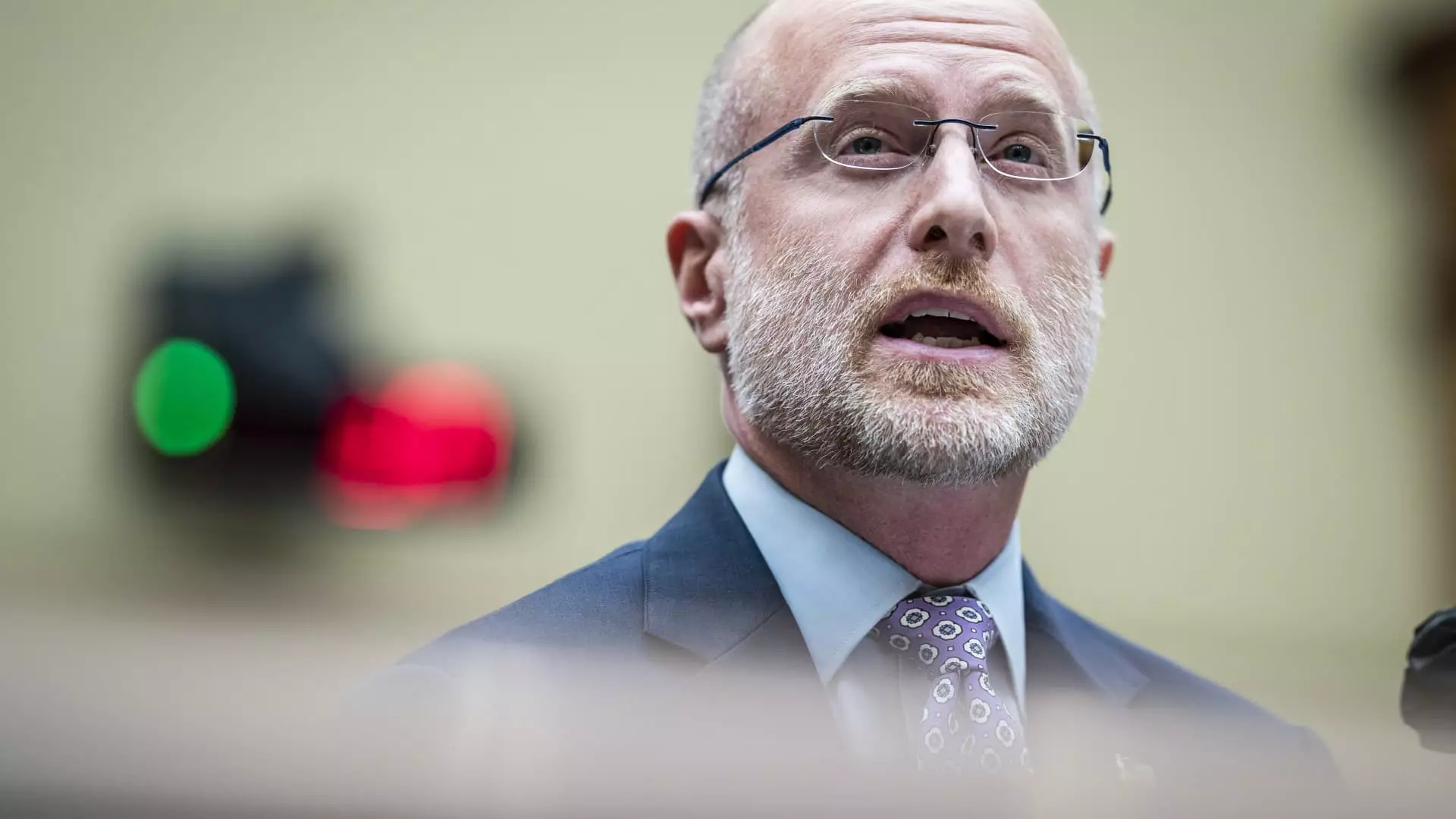The upcoming leadership of the Federal Communications Commission (FCC) seems poised for significant shifts as President-elect Donald Trump has announced his intention to appoint Brendan Carr as the agency’s chair. Carr, a notable critic of the Biden administration’s telecom policies, represents a stark deviation from the current regulatory climate and reflects Trump’s ongoing commitment to reshape the federal communications landscape. This choice is not merely about personnel but embodies a broader ideological battle concerning free speech, regulation, and the influence of Big Tech.
Brendan Carr, aged 45, has been a prominent Republican voice within the FCC, advocating for policies that cater to a more conservative approach to telecommunications. Holding the position of the top Republican on the commission, Carr has previously expressed strong opposition to the $900 million in broadband subsidies that were denied to SpaceX’s Starlink and has openly criticized the Biden administration’s broadband infrastructure initiatives, including a significant $42 billion program designed to enhance internet access across the nation. Carr’s tenure is characterized by a staunch defense of free market principles, often framed by his critique of perceived governmental overreach into telecommunications.
One of the central tenets of Carr’s philosophy dates back to his recent communications with major tech companies including Meta, Google, Apple, and Microsoft, where he alleged that these corporations have engaged in systemic censorship of American users. Carr insists that the FCC must prioritize the “restoration of free speech rights” for citizens, which he views as essential in the current digital age. The implications of his appointment could lead to heightened scrutiny of tech giants and possible restructuring of how content moderation is approached.
Further complicating Carr’s role is Trump’s historical discontent with major broadcast networks like ABC, NBC, and CBS, which he claims have acted against the interests of his administration and its agenda. The president-elect has signaled intentions to impose stricter regulatory measures on these entities, suggesting potential actions to revoke licenses based on content criticism. Such an aggressive posture raises questions about the balance between regulation and free expression, as well as the autonomy of the FCC in media oversight.
Carr’s opposition to net neutrality, a set of regulations designed to ensure open access to the internet, further underscores his ideological stance within telecommunications. His resistance to the Biden administration’s reimplementation of these rules has implications for how broadband service might be governed under his leadership. Moreover, his hardline approach towards Chinese telecom companies aligns with broader national security concerns, which could lead to enhanced scrutiny and regulatory measures in this regard.
The appointment of Brendan Carr as chairman of the FCC represents a decisive step towards reshaping the commission’s approach to telecommunications under the Trump administration. His advocacy for free speech, criticism of corporate censorship, and opposition to net neutrality align with a broader strategic vision that prioritizes deregulation and accountability of Big Tech. However, this new leadership raises important questions about the future dynamics of media regulation and internet governance in an increasingly polarized landscape. The unfolding policies under Carr’s chairmanship will undoubtedly leave a lasting imprint on the future of communication policy in the United States.


Leave a Reply